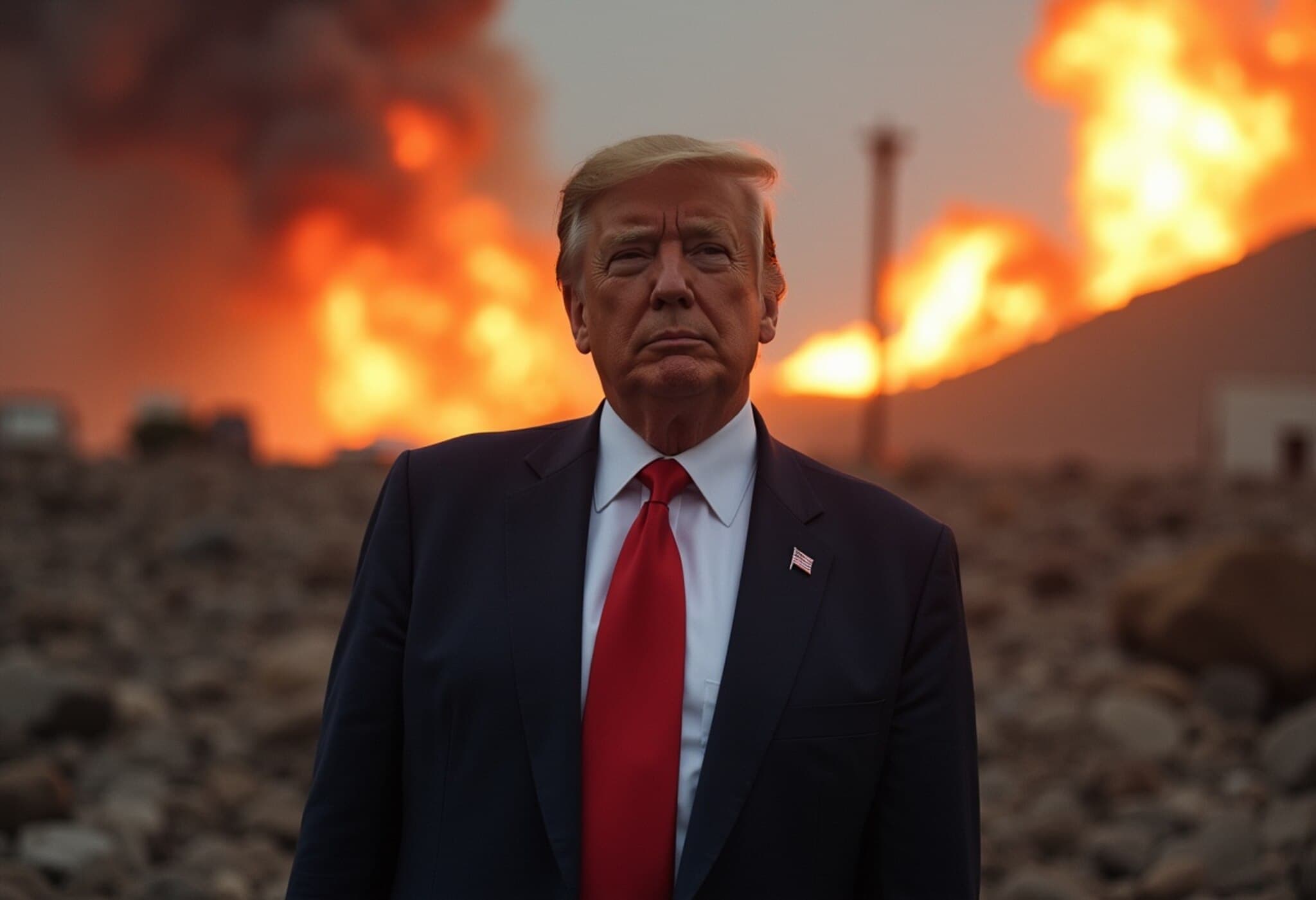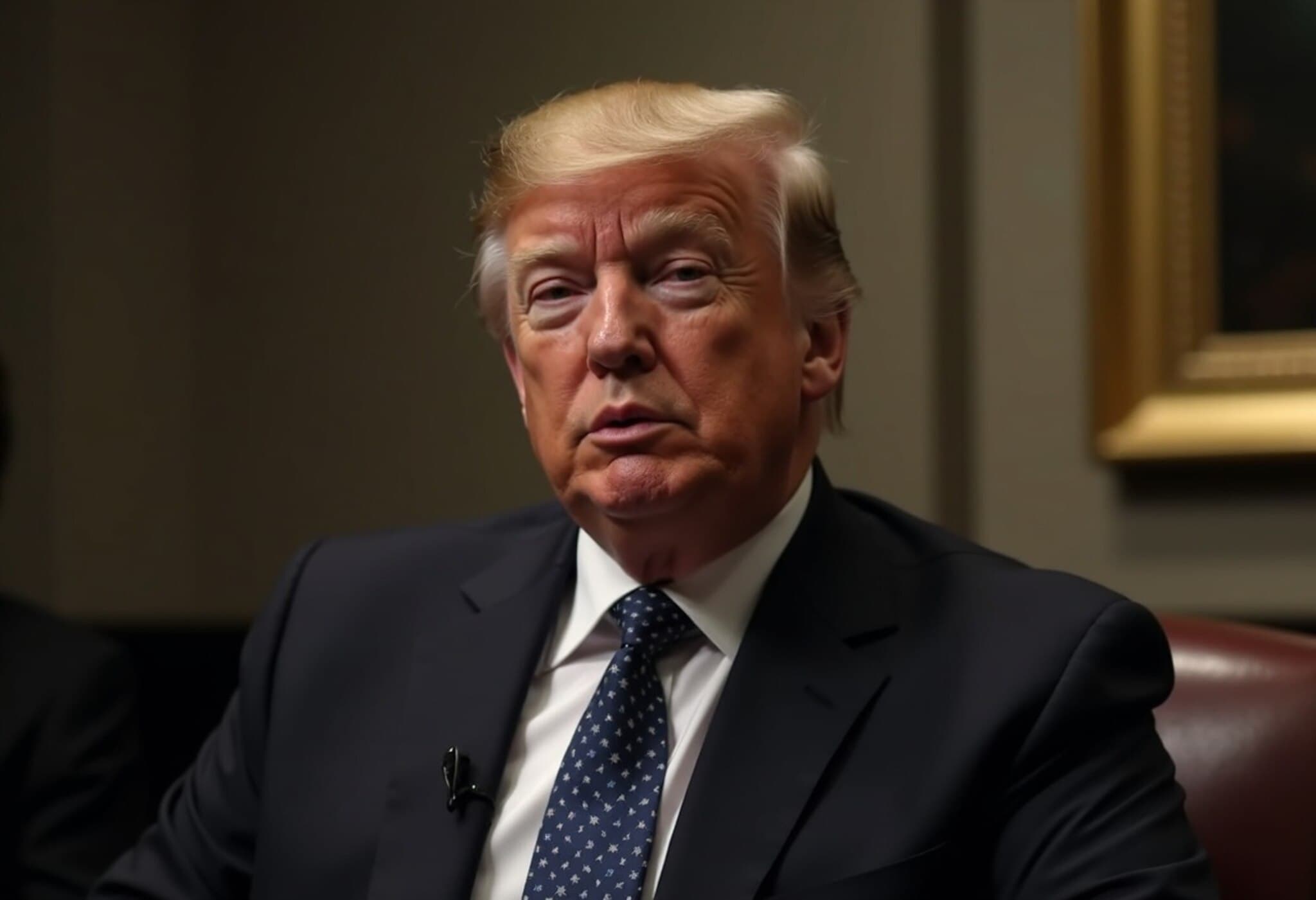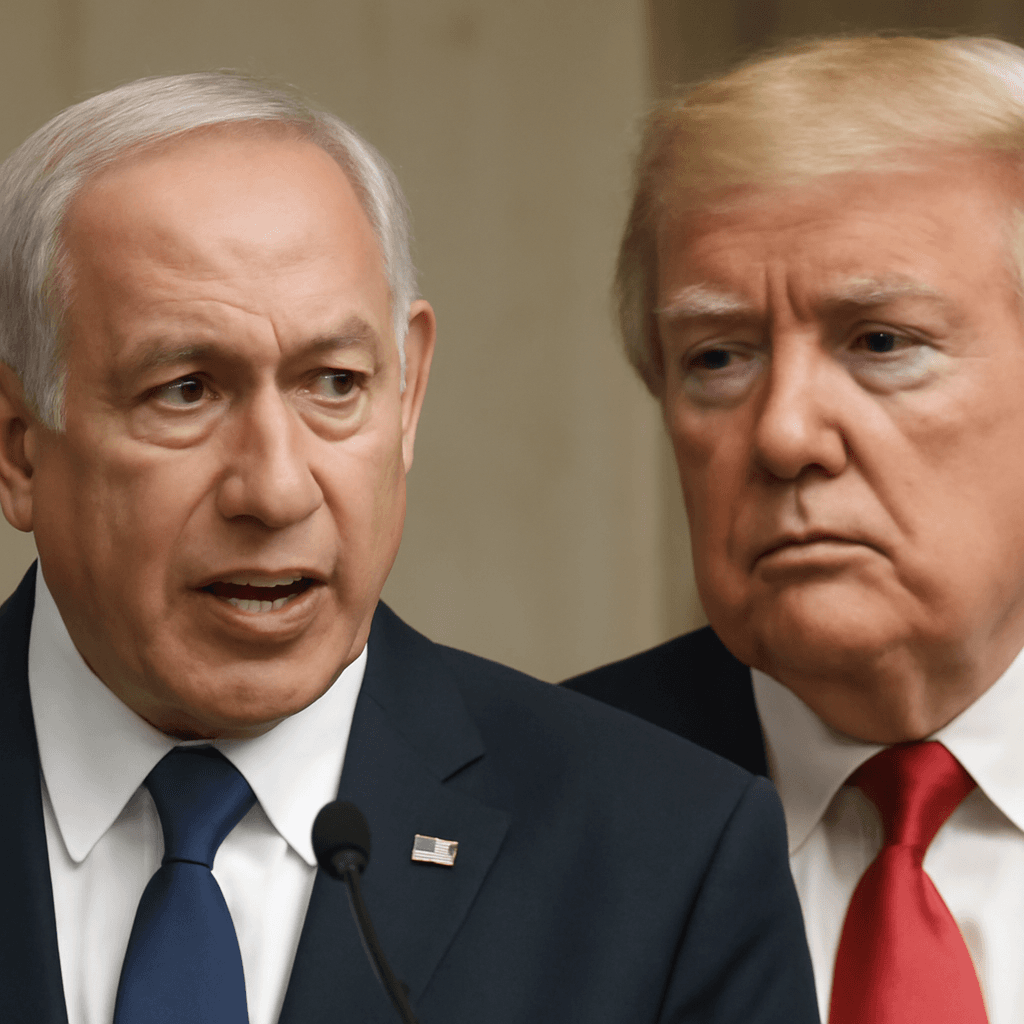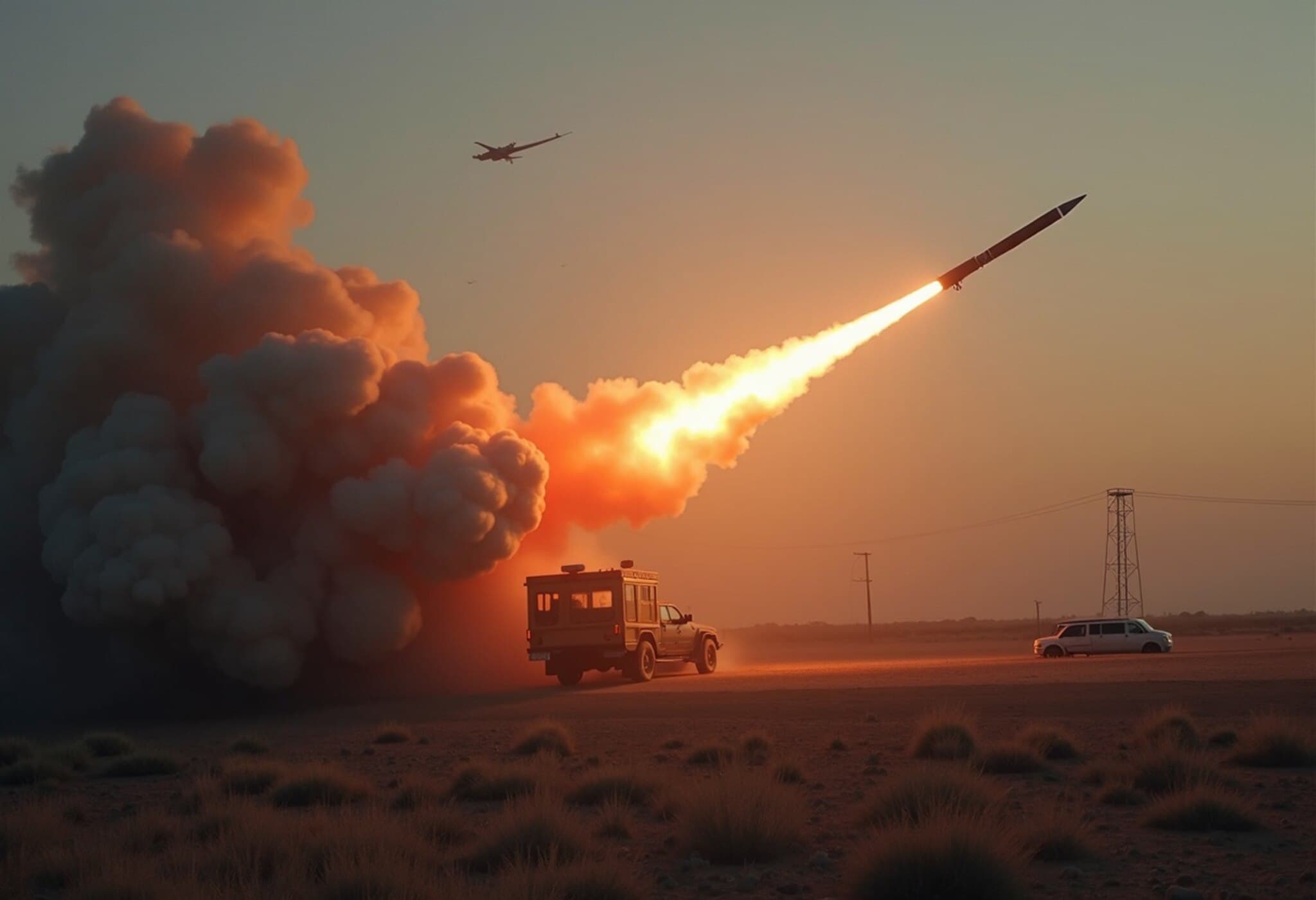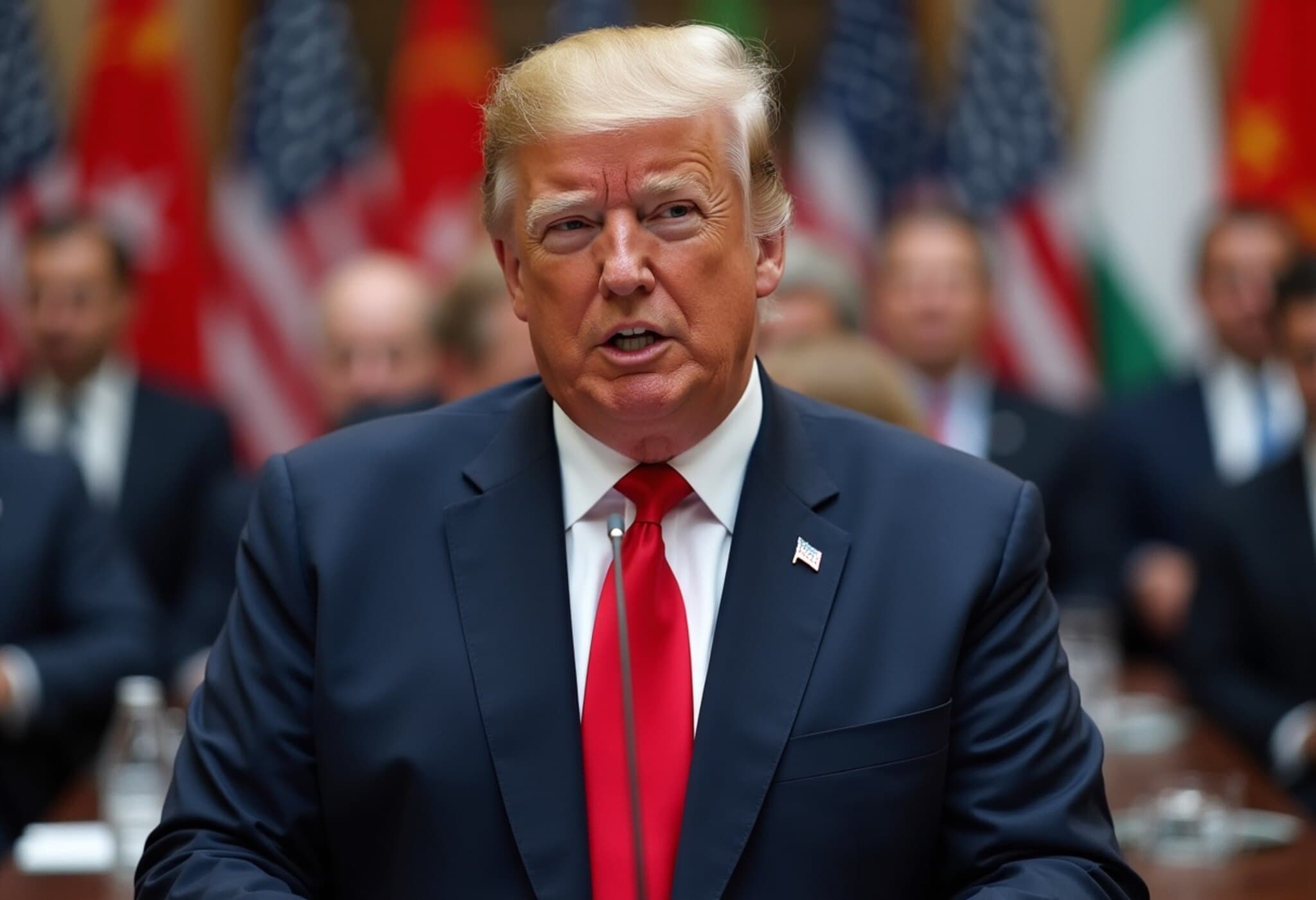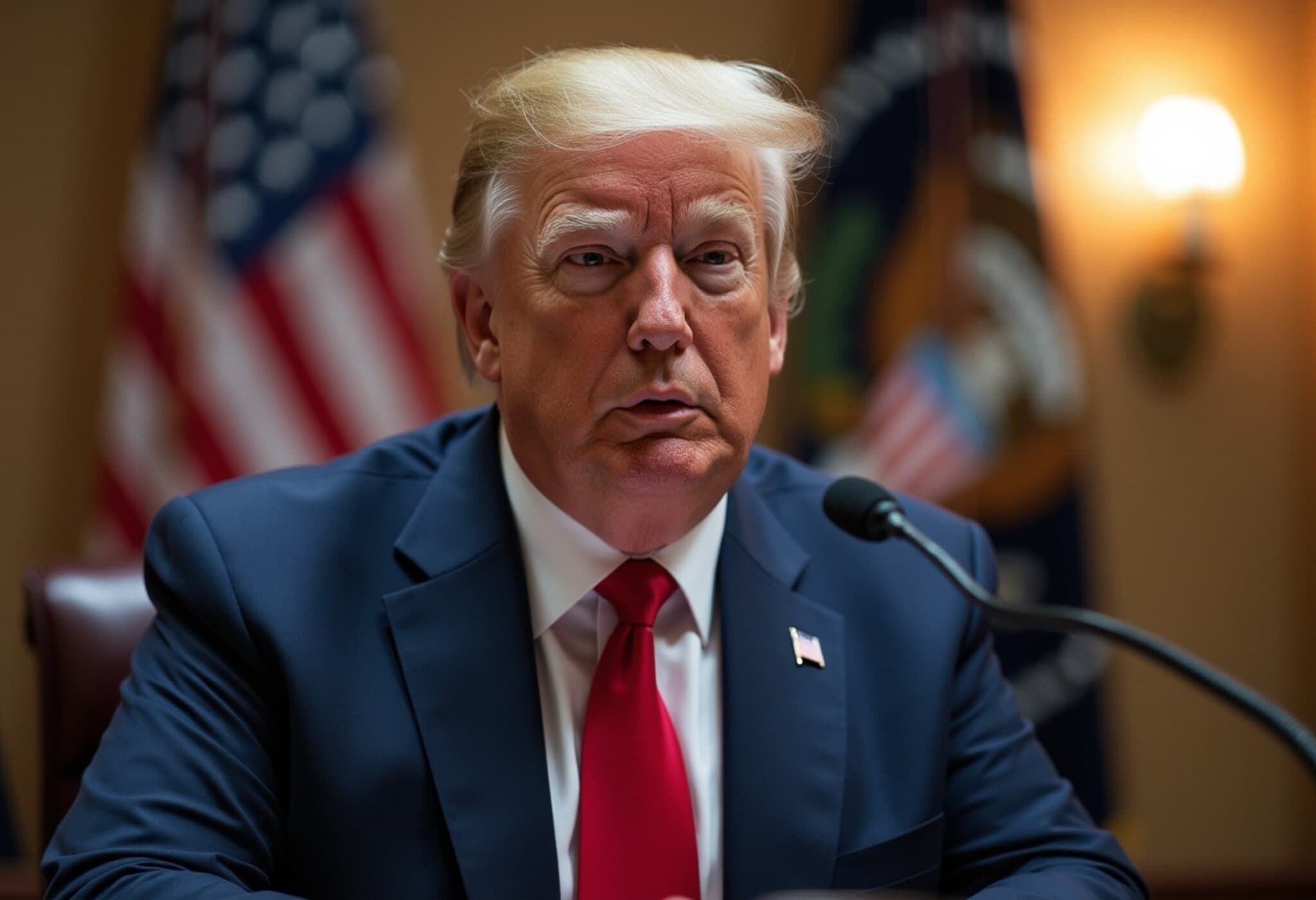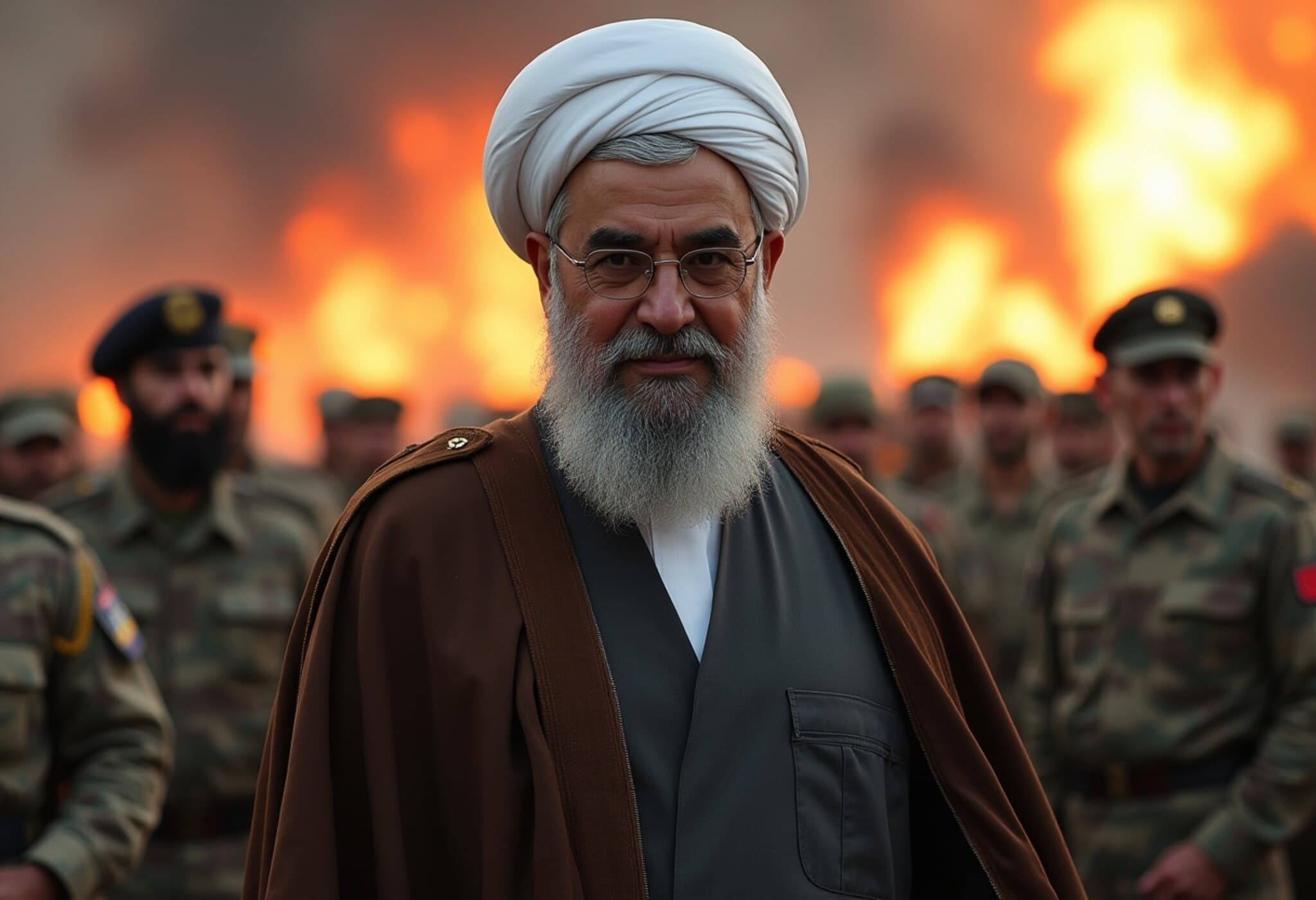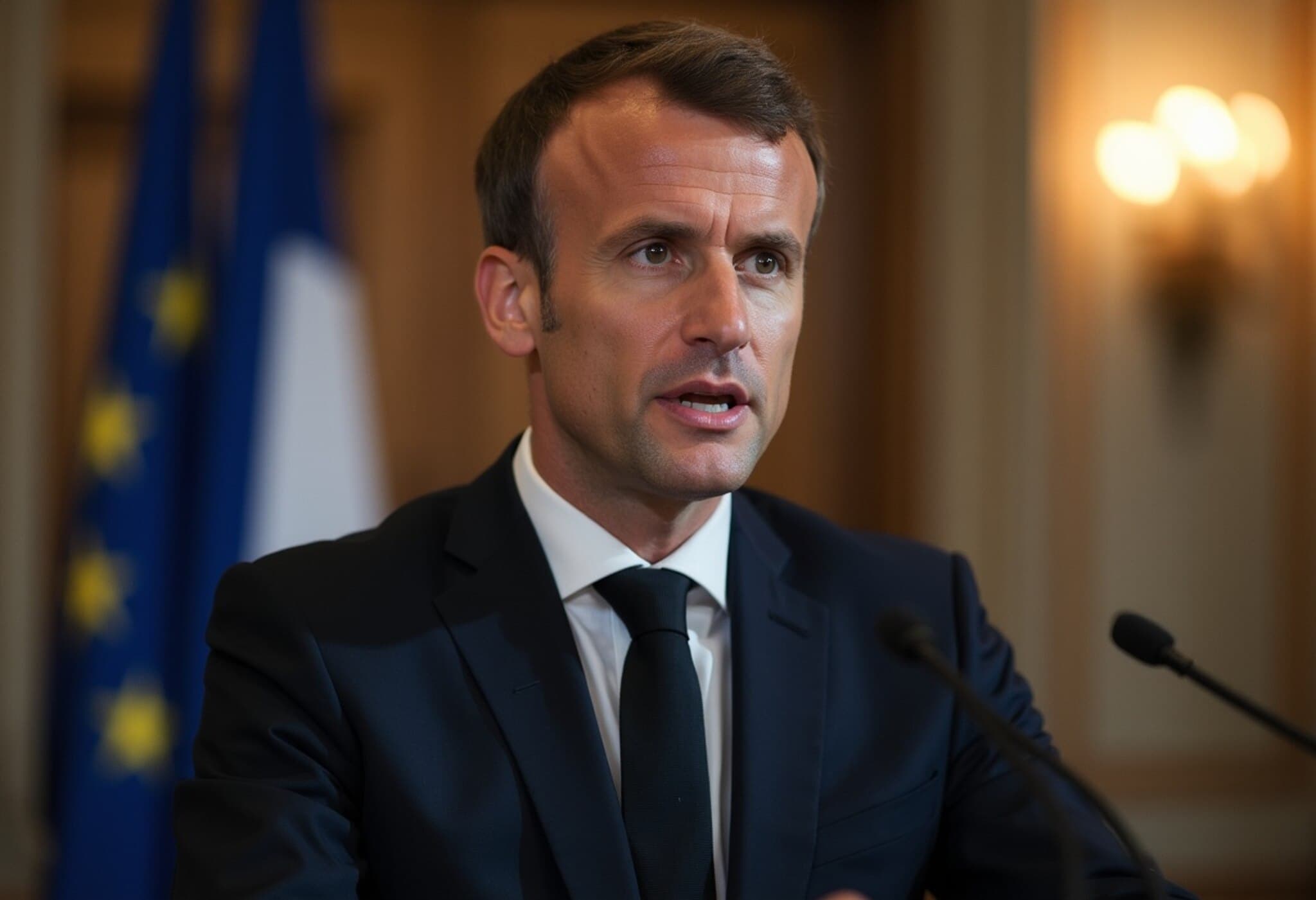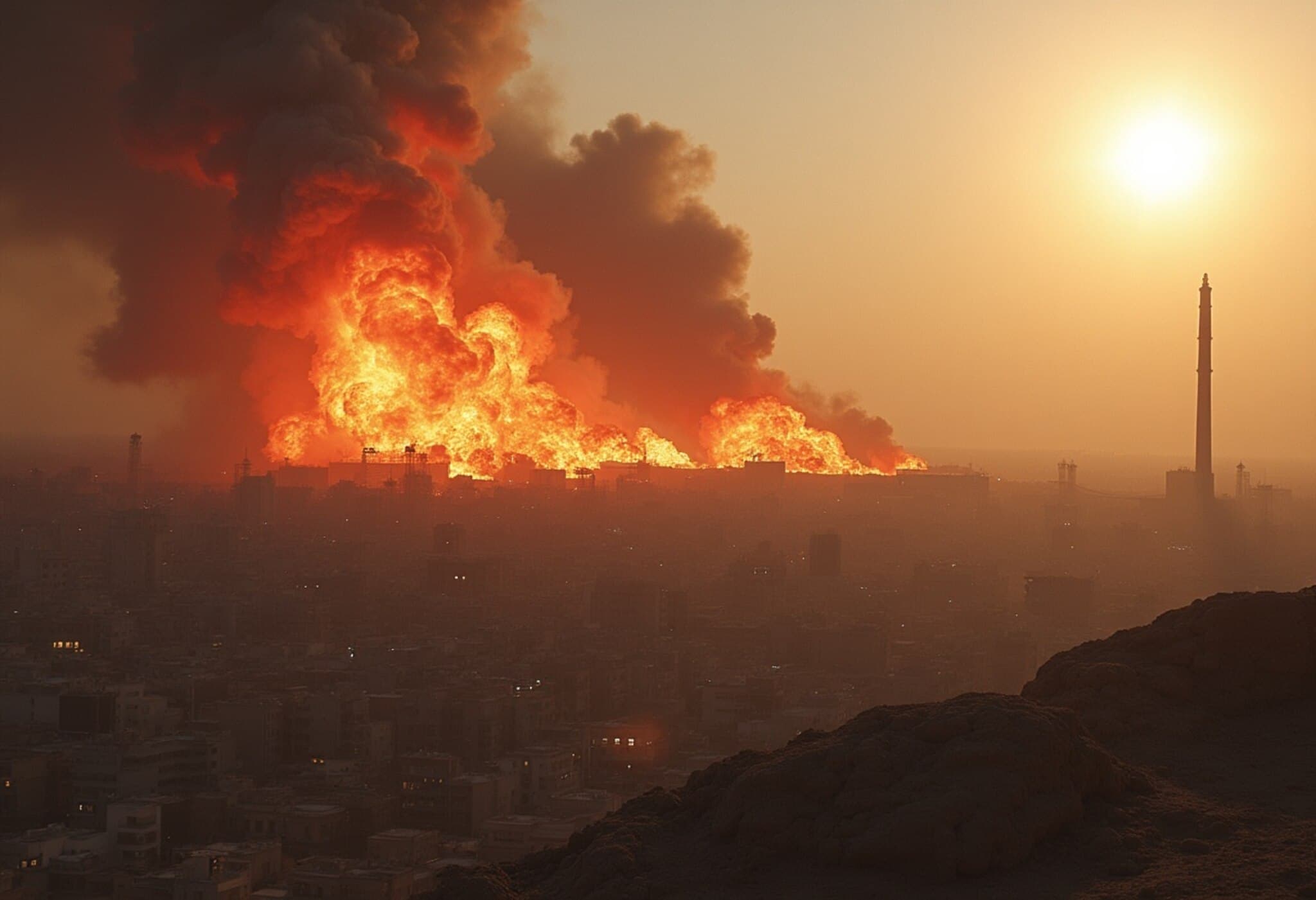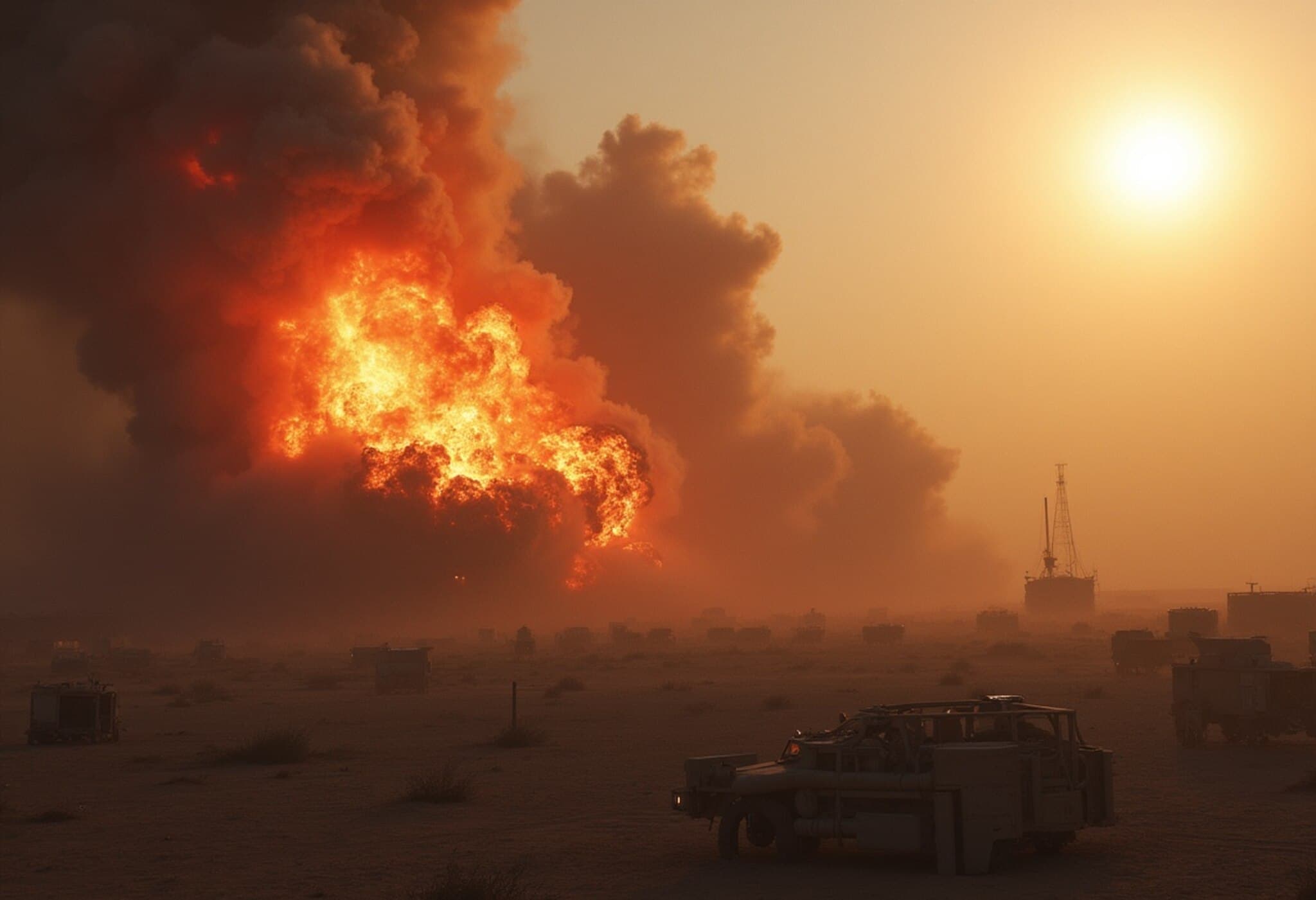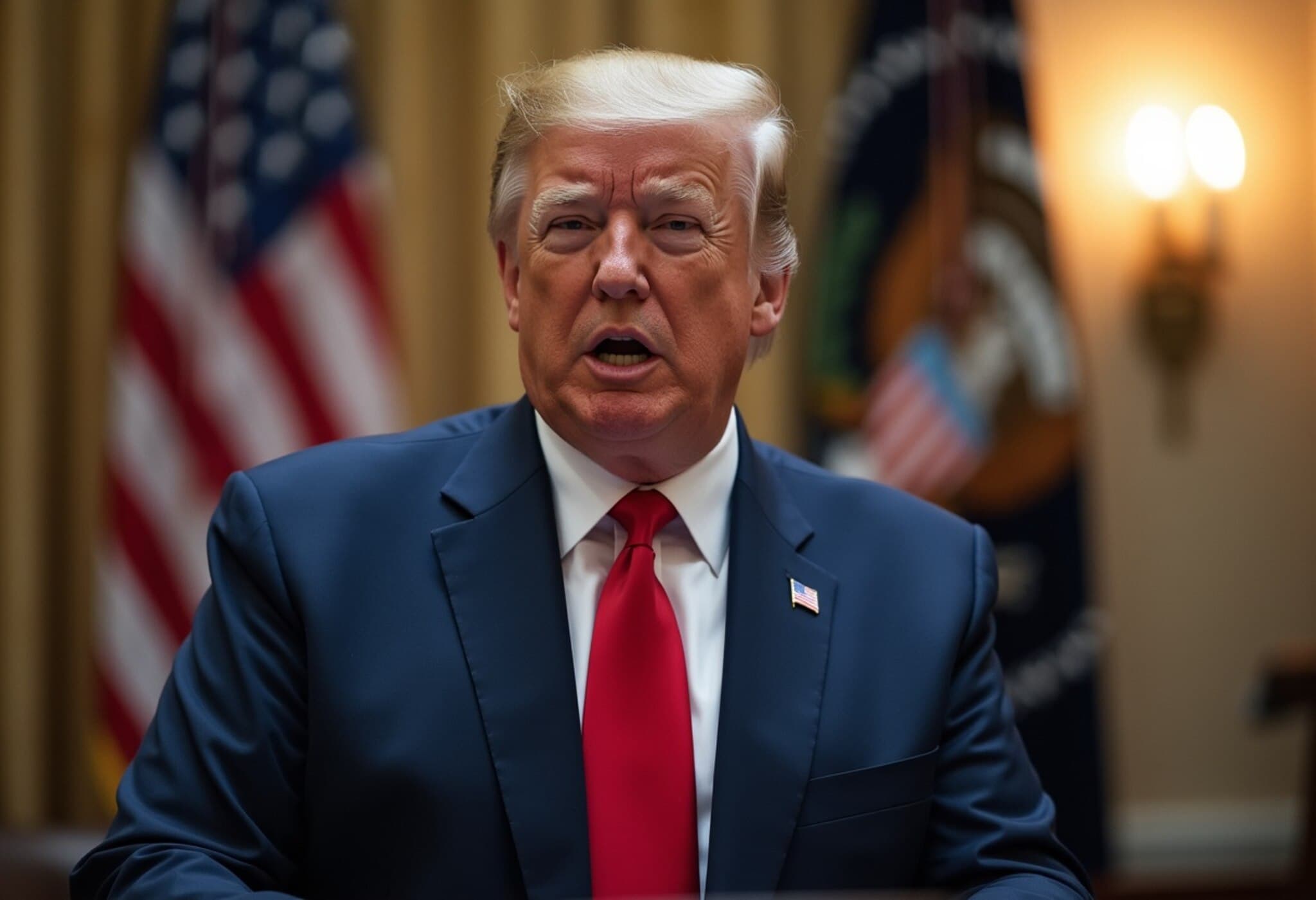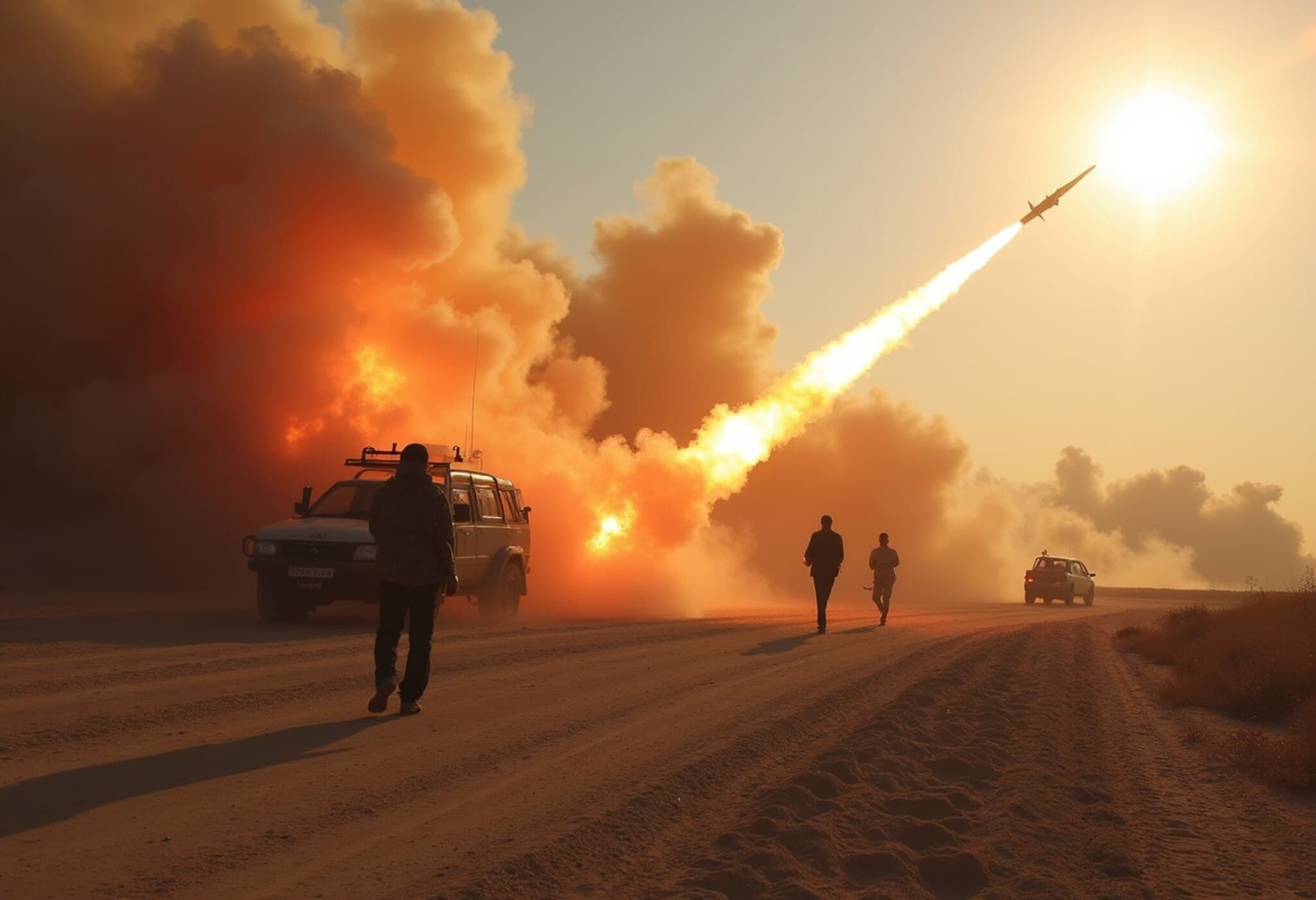Trump's Surprise Ceasefire Announcement Shakes Up Israel-Iran Tensions
In a dramatic turn, President Donald Trump declared an Israel-Iran ceasefire agreement shortly after authorizing U.S. airstrikes on Iran's nuclear facilities. This unexpected move hints at a potential breakthrough, with Iran appearing to return to negotiation tables after intense confrontations.
Military Strikes and Diplomatic Shifts
Last weekend, U.S. bombers targeted critical Iranian nuclear sites, aiming to disrupt Tehran’s strides toward nuclear armament. The strikes reflected a bold shift by Trump, who had previously resisted deep military engagements abroad. Within days, he announced a "Complete and Total CEASEFIRE," signaling a possible de-escalation of the region’s escalating conflict.
Lingering Questions Over Ceasefire Details
Despite the announcement, important questions linger about the ceasefire’s terms and feasibility. Neither Israel nor Iran has fully clarified their commitments, adding uncertainty to the fragile peace. Notably, Iran insists Israel must halt attacks entirely for any truce to hold, while Israel reported missile launches from Iran hours after the supposed ceasefire took effect, resulting in civilian casualties in Beersheba.
Complex Negotiations Behind the Scenes
Behind closed doors, intense communications unfolded involving Trump, Israeli Prime Minister Benjamin Netanyahu, top U.S. officials, and representatives from Qatar who helped mediate contacts with Iran. Sources reveal Iran accepted the ceasefire partly due to its diminished military position after sustained strikes and targeted assassinations of key figures.
The Strategic Calculus: Trump’s High-Stakes Gamble
Trump’s decision to authorize strikes on Iran’s nuclear infrastructure was his most significant military intervention to date, risking broad regional fallout. Experts had feared Tehran might respond aggressively by threatening vital oil routes or escalating attacks on U.S. and Israeli interests globally. Yet, the measured Iranian missile response and subsequent ceasefire hint at a calculated restraint on both sides.
Unresolved Issues Cast Shadow on Prospects for Peace
Still, the path ahead is uncertain. A key unresolved issue remains Iran’s enriched uranium stockpile — a critical piece in assessing Tehran’s nuclear capabilities. Observers warn that despite Iran’s current weakened state, its nuclear and ballistic missile ambitions persist, necessitating complex negotiations ahead.
Implications for U.S. Domestic Politics and Foreign Policy
If the ceasefire endures, Trump could deflect criticism from both congressional Democrats and factions within his Republican base who oppose foreign interventions. It may also allow the administration to refocus on domestic priorities and other international challenges.
Conclusion: A Tentative Step Toward De-escalation
While the declared Israel-Iran ceasefire offers cautious optimism, its sustainability is far from guaranteed. With missile attacks continuing sporadically and critical details undisclosed, the region remains on edge. The coming weeks will test whether this fragile truce can evolve into lasting peace or if old animosities will reignite violence across the Middle East.

